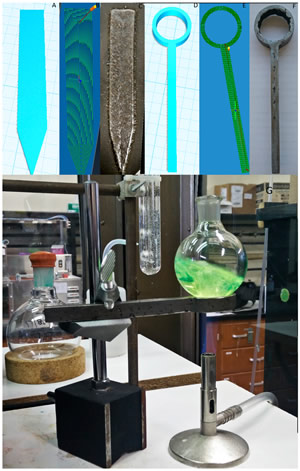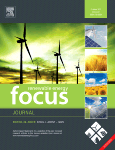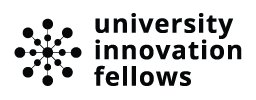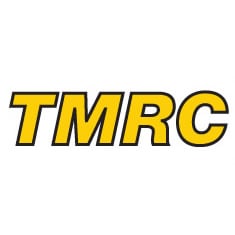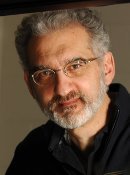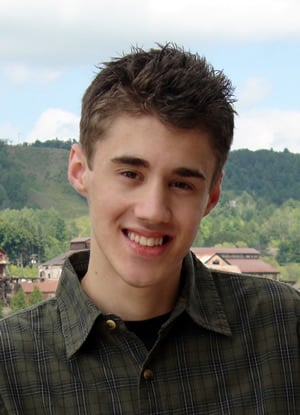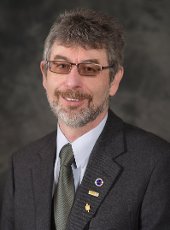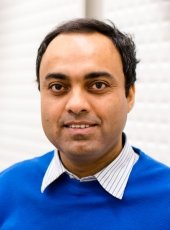
Pinaki Mukherjee (MSE/IMP) is the principal investigator on a project that has received a $25,000 research and development contract from Rutgers, The State University of New Jersey. The project is “S-TEM Analysis of Ni-Rich Positive Electrode Materials in Li-Ion Batteries.”
This is a five-month project.
By Sponsored Programs.
S-TEM refers to the FEI 200kV Titan Themis Scanning Transmission Electron Microscope operated by the Applied Chemical and Morphological Laboratory. The instrument is housed in the ATDC Building.
